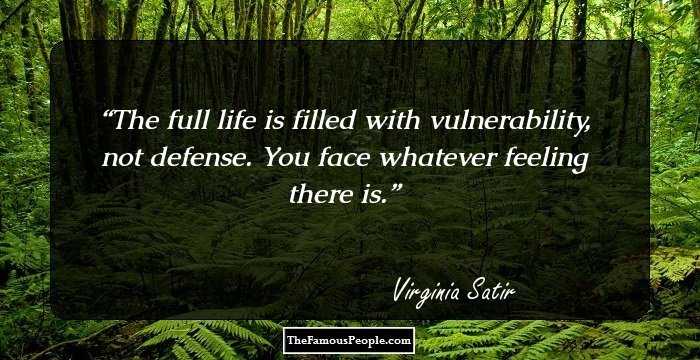Recently Maria Popova has renamed her website Brain Pickings to The Marginalian. The curation performed by Popova is phenomenal and the moniker The Marginalian is apt. Though we won’t be reading her physical notations in the books she reads, the digital age has brought in its wake the hyperlink. Click on a word and its definition appears instantly. Add a hyperlink to a word or phrase and you are taken on a journey curated by the author. She says she has collected six million pages in the fifteen years of the site born October 23, 2006. Each one of her pages has links to previous essays forming a starry sky of books and authors and deep thought for the reader’s gaze.
A snippet of Krista Tippett’s interview with Popova in 2015 (found in the transcript) reveals what may have influenced the name change:
I was recently visiting my family and my grandmother, my father’s mother who’s the atheist intellectual, showed me for the very first time all of these books of her father, my great grandfather who died six days before I was born, whom I never met — he was an astronomer and mathematician, and he taught himself English and German by hacking the radio to tune into the BBC and Deutsche Welle. He taught my dad and my uncle both German and English. He had these books, which she showed me, that he had smuggled from England somehow. There were first edition Hemingway and F. Scott Fitzgerald, and his marginalia were extraordinary. I felt this strange kinship with him through the years, through the cultures and the eras and these different media because what I do when I read is essentially what he did, which is, he wrote in the margins all these notes on things that he didn’t understand and wanted to understand. He underlined passages that he noted were beautiful language. And words that he didn’t know that he would look up in the dictionary, he would circle them and then write the translation. But it was this sort of intellectual dance with another mind that you could see in the margins of his books. I was just very moved by it.
I often wonder what will happen to @achronon’s shelf of books we see when conversing in the Cafe. What type of marginalia will be found? Who, if anyone, will be a Popovite and pick one of the books off the shelf (or have the library angel pick one for them), take a scribbed notation and take it beyond the page. What lucky soul will inherit the estate of John Noah Davis, Jr., wander the stacks (on floors and countertops), and dance with the pages of inserted theories and memories, dreams, reflections. Who will one day browse my hard drive and access the ebooks with highlights and notes that have links to pages here and elsewhere on the web? What is the difference between encountering a digital archive such as The Marginalian and encountering a shelf of books from your great grandpere or a great friend?
And I wonder who or what will encounter Infinite Conversations when we are gone? A metabot browsing for potential ad revenue material? My grandchildren searching for my name? A healthy intellectual soul in search of other like-minded souls?
In the margins of books, in the margins of life as commonly conceived by our culture’s inherited parameters of permission and possibility, I have worked out and continue working out who I am and who I wish to be — a private inquiry irradiated by the ultimate question, the great quickening of thought, feeling, and wonder that binds us all: What is all this?
~ from Becoming the Marginalian by Maria Popova
What is all this? What is all this we see, do, hear on this forum, Infinite Conversations? Like Popova, we are working from the margins, in the margins, on the margin. We have identified terms for this – interstices, liminalities, boundaries – and have worked in and out of each other’s metaphors and philosophical quandaries. This forum is a mess, yes. But, like the stacks of John’s abode, each pile or collected mass tells a story. We often note an appreciation of the linking of past conversations and video bits with our present conversations. I hope to find the time and space to better curate the archives here in a manner that is useful for all.
A small online collective with cooperative intent may forever be “on the margins” but, while others may see the idiom as describing inconsequential inhabitants, this turn of phrase brings new life when I imagine, revisit and reimagine what our collective and our archives can and will become.



